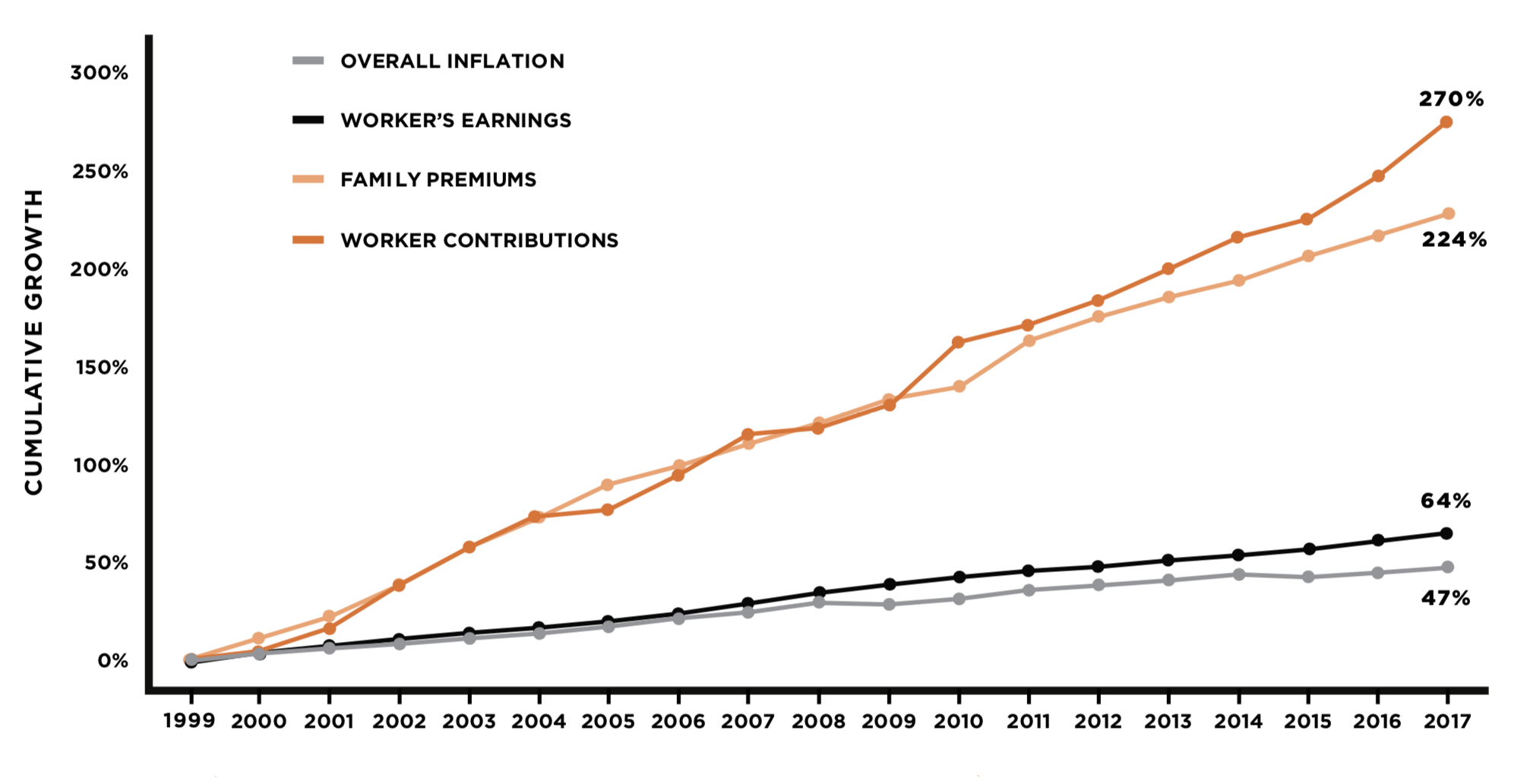On October 11, 2018 OSHA issued a Standard Interpretation to clarify its position on the new recordkeeping rule’s anti-retaliation provisions that were put into place in 2016. Essentially, they completely reversed their position on previous limitations with safety incentive programs and post-incident drug testing.
According to the memo, OSHA believes that safety incentive programs and post-incident drug testing are generally not put into place to penalize employees for reporting injuries. Rather, they are implemented to promote the safety and health in the workplace.
How does the new interpretation impact you?
The original regulation required employers to remove all-inclusive testing rules for post-incident drug testing.
.png?width=69&height=53&name=Acrisure%20Logo%20(White%20Horizontal).png)











